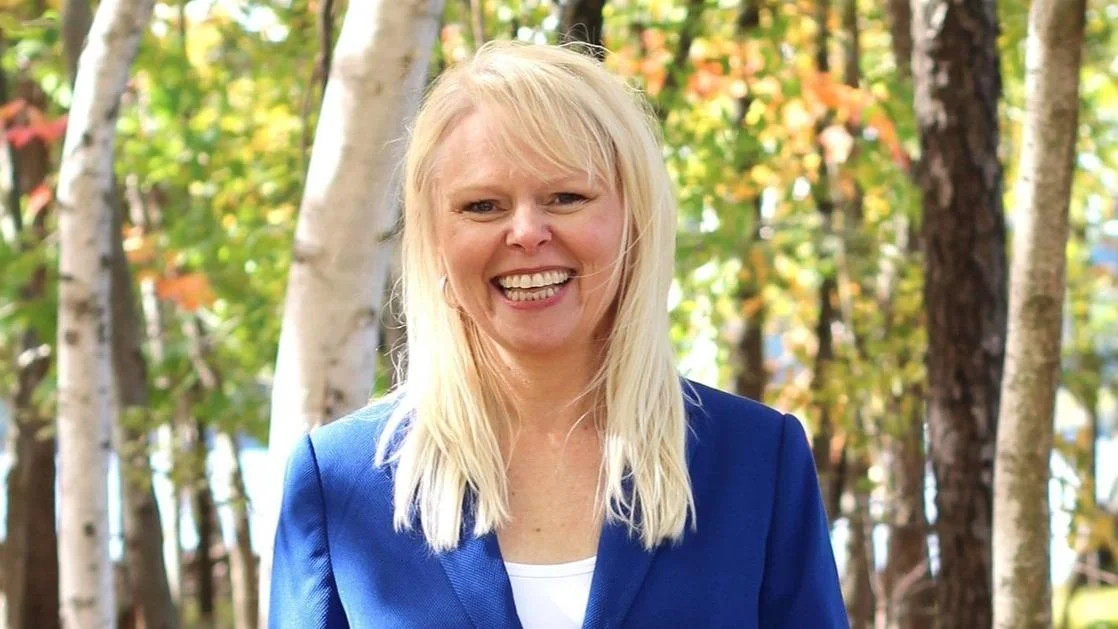Sarah Keyeski, Wisconsin State Senator for 14th District | Facebook
Sarah Keyeski, Wisconsin State Senator for 14th District | Facebook
According to the Wisconsin State Legislature's official website, the bill was described as follows: "maximum life and allocation period for Tax Incremental District Number 9 in the village of DeForest and the total value of taxable property that may be included in tax incremental financing districts created in the village of DeForest. (FE)".
The following is our breakdown, based on the actual bill text, and may include interpretation to clarify its provisions.
In essence, this bill creates specific exceptions within the statutes regulating tax incremental financing for Tax Incremental District (TID) No. 9 in the village of DeForest. It extends the life of TID No. 9, allowing tax increments to be collected for up to 30 years from its creation rather than the usual 20 years. Additionally, it exempts one project plan amendment in TID No. 9 from the rule that limits the equalized value of taxable property in new or amended TIDs to 12% of the total equalized value of taxable property in the village. However, the bill prohibits a one-year extension for housing stock improvements in TID No. 9, a provision typically allowed if project costs are covered, an intent resolution is adopted, and notification is given to the Department of Revenue.
The bill was co-authored by Representative Tony Kurtz (Republican-41st District) Senator Cory Tomczyk (Republican-29th District). It was co-sponsored by Representative Margaret Arney (Democrat-18th District), Representative Bob G. Donovan (Republican-61st District), and Representative Jenna Jacobson (Democrat-50th District), along 10 other co-sponsors.
Sarah Keyeski has co-authored or authored another 14 bills since the beginning of the 2025 session, with none of them being enacted.
Keyeski graduated from Luther College in 1993 with a BA.
Keyeski, a Democrat, was elected to the Wisconsin State Senate in 2021 to represent the state's 14th Senate district, replacing previous state senator Joan Ballweg.
In Wisconsin, the legislative process starts when a senator, constituent, group, or agency proposes an idea for a bill. After drafting, the bill is introduced, numbered, and referred to a committee for review and public input. If approved, it moves through three readings and votes in both the Senate and Assembly. Once both chambers pass the same version, the bill goes to the governor, who can sign it, veto it, or let it become law without a signature. Only a small share of bills introduced each session ultimately become law. You can learn more about the Wisconsin legislative process here.
| Bill Number | Date Introduced | Short Description |
|---|---|---|
| SB133 | 03/14/2025 | Maximum life and allocation period for Tax Incremental District Number 9 in the village of DeForest and the total value of taxable property that may be included in tax incremental financing districts created in the village of DeForest. (FE) |
| SB67 | 02/21/2025 | Providing state aid to reimburse public and private schools that provide free meals to all pupils for the costs of those meals and making an appropriation. (FE) |


 Alerts Sign-up
Alerts Sign-up